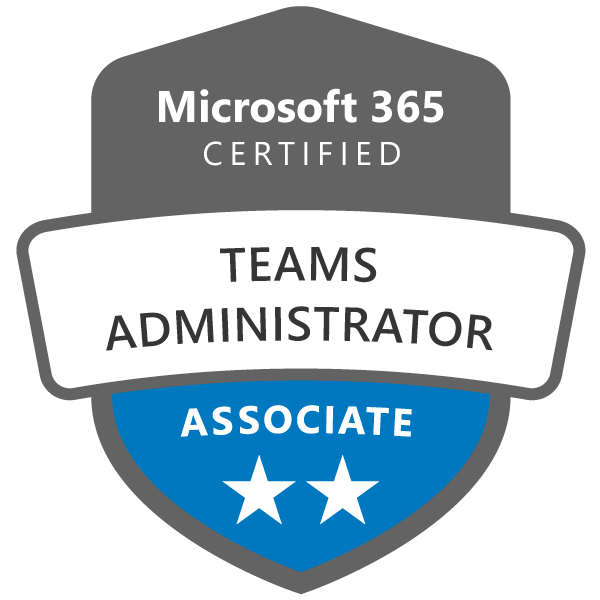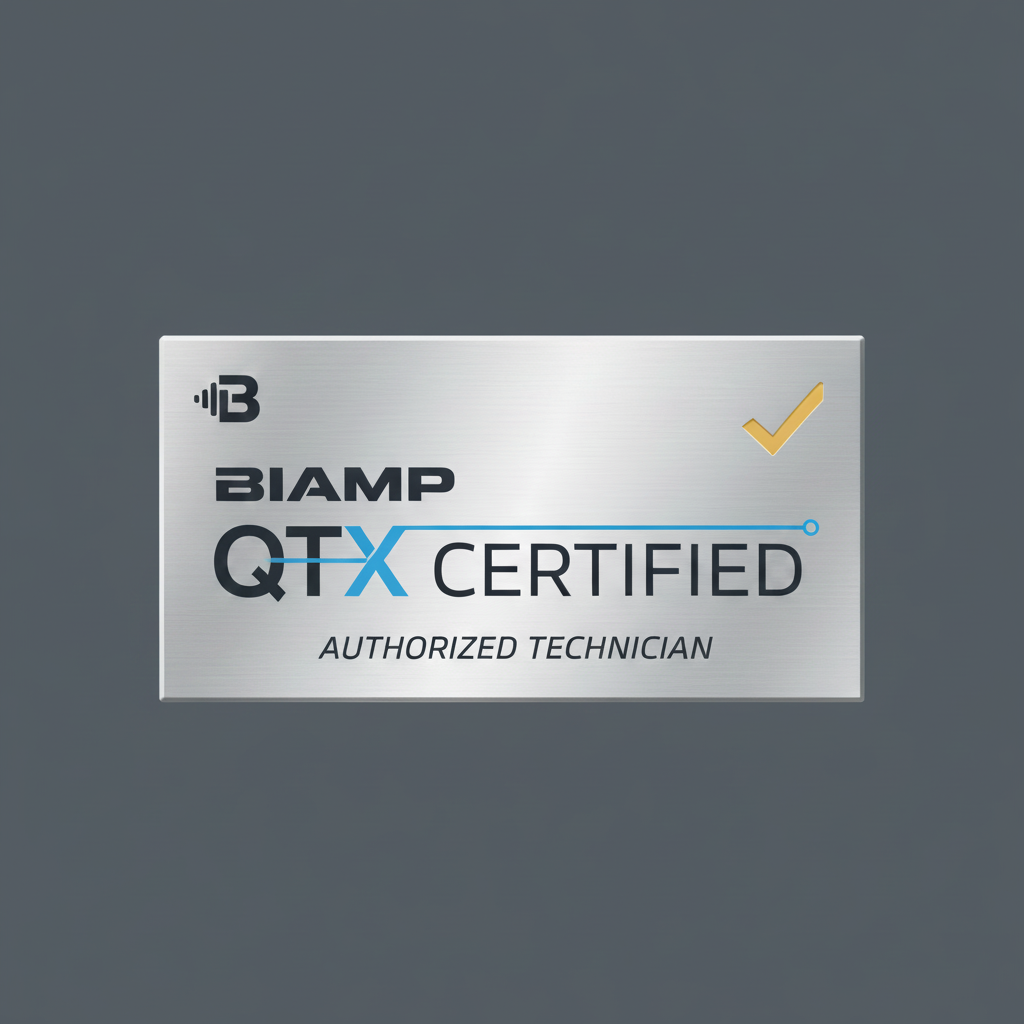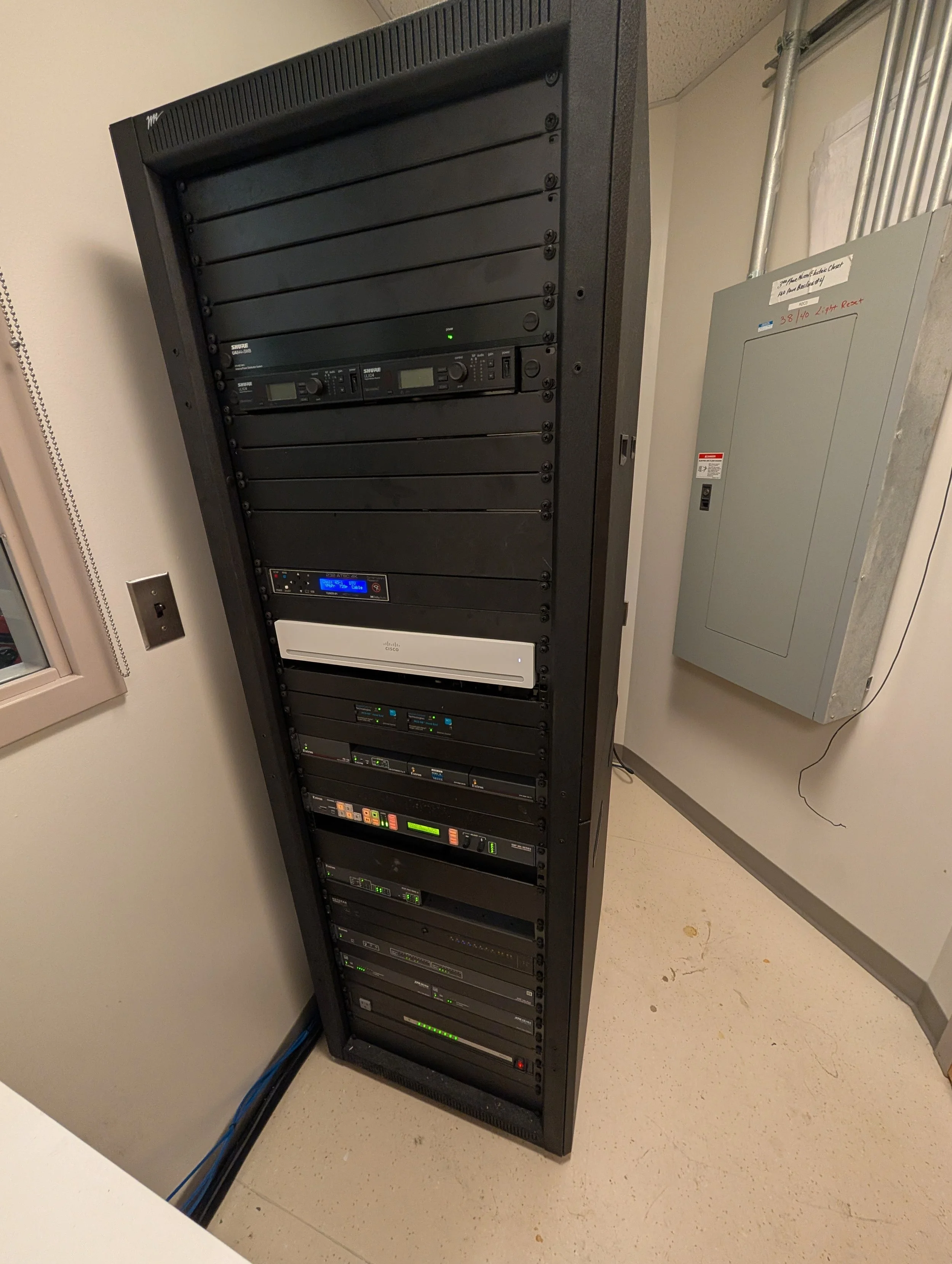About Array
At Array, we do more than just one part of the job; we handle the entire spectrum of ICT. While our roots might be in the audio visual field, the evolution of that technology has naturally led us to become a full-service ICT company. We design and install comprehensive systems that are interconnected and integrated.
Engineering First
Array ICT is fundamentally an engineering-first organization. We are not a sales team disguised as a service provider; we are seasoned technology and Audio Visual system engineers with a passion for robust, scalable solutions.
Our strength lies in the deep, hands-on expertise of our team. For years, the majority of our professionals held demanding end-user positions, managing complex, global enterprise systems and designing technology infrastructure built for global scalability. This experience gives us a critical, real-world perspective on what truly works, what lasts, and how to maximize uptime and efficiency.
What Sets Us Apart:
Engineers First, Always: When you partner with Array ICT, you are speaking directly with the technical expert. We ensure that every client visit, call, or consultation puts you in front of an engineer, not a salesperson. We skip the jargon and focus on translating your business needs into precise, reliable technical solutions.
Client-Facing Expertise: Our background managing systems for large organizations means we know how important it is to be clear, proactive, and accountable. We prioritize clear communication and a consultative approach, ensuring you feel confident in our process and results.
Experience in Global Scale: We apply the same meticulous planning and architectural rigor used in designing global infrastructures to your local system. Whether you need a simple conference room AV setup or a complex, multi-site network, our solutions are inherently designed for reliability and future growth.
We are committed to installing and maintaining technology and AV systems that are engineered for your success.
Fully Licensed & Certified for Your Peace of Mind
At Array, we prioritize safety, precision, and full regulatory compliance in every project we touch. We are officially licensed by the State of New York for the Business of Installing, Servicing, or Maintaining Security or Fire Alarm Systems under License UID #12000315049.
This specialized licensure is a testament to our technical expertise and our commitment to meeting New York’s rigorous standards for life-safety and property protection. Beyond traditional alarm systems, our credentials cover the full spectrum of modern office and home technology, including:
Low-Voltage Cabling: Ensuring your data and network foundations are installed to code.
Audio-Visual Systems: Professional integration of high-end AV environments backed by certified technical oversight.
Security & Surveillance: Comprehensive protection from CCTV to advanced access control.
When you partner with Array, you aren’t just getting a service provider; you’re hiring a licensed team of professionals dedicated to the highest industry standards.
Certified for peace of mind

The Certified Technology Specialist (CTS) certification, offered by AVIXA, is the globally recognized, leading professional credential for the audiovisual (AV) industry. It validates a professional's comprehensive knowledge, skills, and commitment to excellence in creating, operating, and servicing AV solutions. Its importance stems from the fact that it is ANAB-accredited to the ISO/IEC 17024 standard, providing verifiable credibility and assuring clients that the certified individual meets the highest industry benchmarks.

The Certified Technology Specialist - Installation (CTS-I) certification is the specialized credential for audiovisual (AV) installation and integration professionals, offered by AVIXA. It validates an individual's advanced skills in the practical, hands-on aspects of AV deployment, beyond the general CTS knowledge. The CTS-I is crucial because it verifies expertise in complex tasks like reading blueprints, conducting site rough-ins, pulling and terminating cable, and performing final system close-outs.

The Certified Technology Specialist - Design (CTS-D) certification is the specialized credential for audiovisual (AV) system designers and engineers, provided by AVIXA. It validates a professional's deep expertise in the complete AV design process, from needs analysis and system specification to documentation and project management. The CTS-D is critically important because it confirms the individual's ability to create AV solutions that are functional, meet client objectives, and comply with industry standards and best practices.

The Q-SYS Level 1 Certification is the foundational credential for professionals working with the Q-SYS ecosystem, a unified audio, video, and control platform by QSC. It validates an individual's core understanding and ability to design, configure, and deploy a basic networked AV system using the Q-SYS Designer Software. The certification is highly important as it establishes a base level of competency in key areas like networked audio signal flow, implementing conferencing solutions (AEC, mixers), and creating user control interfaces (UCIs).

The Q-SYS Level 2 Certification is the advanced, hands-on credential designed for experienced professionals working with the Q-SYS ecosystem who need to deploy complex systems. Building significantly on Level 1 knowledge, this training dives into advanced topics like network setup, Core-to-Core streaming and control, third-party integration, and sophisticated Wide Area Paging. The Level 2 certification is vital because it validates the ability to tackle challenging, enterprise-level AV projects, including complex teleconferencing scenarios and advanced User Control Interface (UCI) design.

The Dante Level 1 Certification is the foundational, free certification offered by Audinate that introduces professionals to the Dante audio/video-over-IP networking protocol. This online training is critical because it establishes a baseline proficiency in the essential concepts of digital audio, basic networking principles, and the operation of the Dante Controller software. Professionals who complete Level 1 learn how to successfully set up, route, and operate a small-scale Dante system, typically involving a single network switch. By providing this fundamental knowledge, the certification ensures a common vocabulary and understanding of Dante's automatic features and simple plug-and-play functionality.

The Dante Level 2 Certification is the intermediate credential from Audinate, required for professionals who want to manage and troubleshoot larger, more complex Dante audio/video networks. Building upon the basics of Level 1, this course focuses on advanced concepts critical for managed networks, such as Dante redundancy, clocking mechanisms, latency management, and the difference between unicast and multicast traffic. The certification is crucial because it gives technicians the necessary skills to confidently design systems that span multiple network switches and optimize performance

The Dante Level 3 Certification is Audinate's most advanced credential, specifically designed for highly experienced AV and IT professionals managing complex, enterprise-scale networked media systems. By establishing expertise in secure, resilient, and scalable network design, the Level 3 credential is essential for engineers responsible for mission-critical, multi-location, and high-channel-count Dante AV systems. It showcases a professional's deep understanding of networking fundamentals within the context of the Dante ecosystem

The Extron AV Associate Certification is a fundamental, self-paced online program providing comprehensive training on core audiovisual (AV) technologies and Extron products. It is designed to give individuals a solid foundation of AV industry and technology knowledge, covering essential principles like Audio, Video, Connectivity, Networking, and Control. This certification is important because it establishes a reliable baseline of technical literacy, validating an individual's skills to both clients and employers

The Extron Control Professional (ECP) Certification is the advanced, instructor-led credential for experienced AV professionals and control system programmers managing the most sophisticated Extron systems. This program focuses on mastering Extron Global Configurator Professional software, which is essential for large, complex AV control systems featuring multiple processors and enhanced functionality. Its importance lies in certifying an individual's deep expertise in sophisticated control system design concepts, advanced configuration techniques, and managing enterprise-level AV deployments.

The Extron Control Specialist (ECS) Certification is an instructor-led credential designed for AV professionals who successfully deploy and maintain configurable control systems using Extron's software. Building on foundational AV knowledge, this certification focuses specifically on Extron Pro Series control products and Global Configurator Plus software. Its importance lies in certifying the individual's ability to handle complex control system design concepts, create customized user interfaces with GUI Designer, and execute essential remote system management and troubleshooting. The ECS credential is essential for control system installers, project managers, and design engineers who need to validate their proficiency in configuring flexible, customized control for multi-room or sophisticated AV environments.

Zoom logo with a 'Certified' badge below it.

CompTIA Project+ Certified badge with red banner, circular design, checkmark inside a box, and the words 'CompTIA Project+ Certified'.

CompTIA A+ certified badge with red banner and circular design.

Microsoft 365 Certified Teams Administrator Associate badge with a shield design, featuring the text and two stars.

Circular logo for Tesira Biamp Systems, featuring a black background, red and white accents, and text that reads 'b. Tesira' and 'Biamp Specialists'.

Logo with the words 'ALLEN & HEATH' in black text and an ampersand in red.

Certificate badge for core certification CTI-CCT from Crestron Technical Institute with a blue background and white text.

Certificate of network certification from Crestron Technical Institute with a gray background and CTI logo.

HDI Certified logo with a globe and airplane icon to the left of the text, and the words 'HDI CERTIFIED' in bold blue letters, with 'CERTIFIED' written in black below.

Certification badge for Digital Media Design, DMC-D-4K, from Crestron Technical Institute

Certificate or badge with the text 'Sales Certification Track Residential CTI-SCT-R' and the logos of CTI and Crestron Technical Institute.

Certification label for Crestron Audio Certification by Crestron Technical Institute, with CTI logo at the bottom.

Certification badge for Crestron Technical Institute in sales certification track, with CTI logo and emphasis on CTI-SCT-C.

Certification badge for digital media technician, Crestron Technical Institute

What is ICT?
Simply put, ICT stands for Information and Communication Technology. It's a broad term that covers all the different tools and systems we use to handle information and connect with one another. This includes everything from the computer you're on right now to the networks that let you share information across the globe.
Information: We're not just moving sound and video, we're managing data. For example, in a corporate boardroom, we install systems that allow for the seamless display and sharing of data from laptops, tablets, and network drives.
Communication: Our core business is facilitating communication. This can be as simple as a clear public address system in a live venue or as complex as a unified communication platform in a corporate office that integrates video conferencing, instant messaging, and phone systems. We ensure the right information gets to the right people, at the right time.
Technology: This is the hardware and software that makes it all happen. We are experts in everything from the latest mixing consoles and video walls to the network infrastructure and control software that runs it all. We select and integrate the best technology for each client's specific needs.
The Evolution of AV into ICT
From Analog to Digital: In the past, AV systems were largely analog, using dedicated cables for each signal. The transition to digital technology has allowed audio and video signals to travel over standard IT networks using solutions like AV-over-IP. This means that AV gear now needs to be part of the same network as computers and other devices, requiring a deeper understanding of IT infrastructure, security, and networking.
Integration and Interconnectivity: Modern AV systems are no longer isolated. They are integrated with other systems in a building, like lighting, HVAC, and security. A single touch panel in a conference room can not only control the projector and sound but also the lights and blinds. This level of control and automation is a key part of the ICT field, and AV professionals now need to be experts in how these systems communicate with each other.
The Focus on User Experience: The goal has shifted from simply providing equipment to creating seamless user experiences. Technology should be invisible and intuitive. We now focus on things like wireless connectivity, touchless controls, and unified platforms that simplify collaboration, which is a core tenet of ICT.
Your Dedicated Technology Partner for LI and Metro NY
The Array Team
"Thank you for considering Array ICT. We truly appreciate your interest and the opportunity to partner with your business."
We understand that in the current market, you have many options for technology and AV support. That is why we don't just ask for your business; we commit to earning it every day.
We look forward to the chance to be a vital part of your business's future success.



